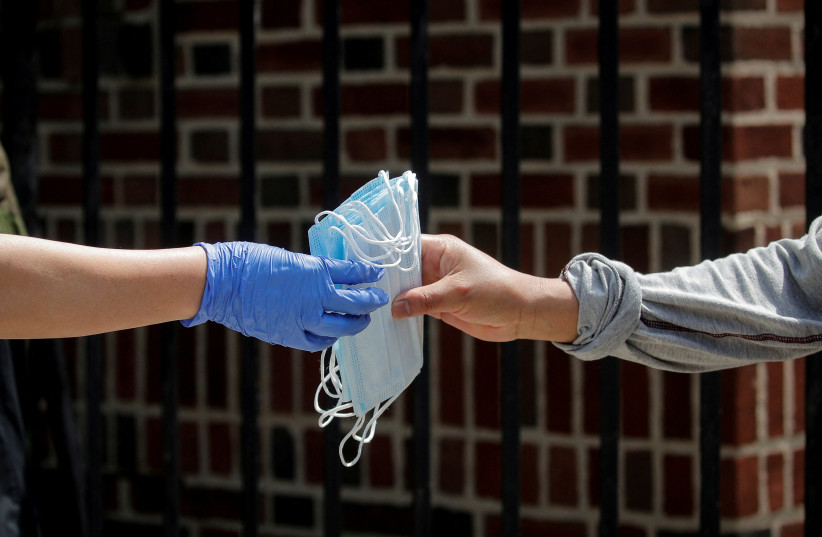The COVID-19 pandemic has seen face masks become used by nearly the entire global population on a regular basis, but these masks make it difficult for children to recognize the people behind them, according to a new study from Canada's York University and Israel's Ben-Gurion University of the Negev.
Published in the peer-reviewed academic journal Cognitive Research: Principles & Implications, the study used a children's version of the Cambridge Face Memory Test in order to gauge the ability of 72 school-aged children to recognize faces with and without masks.
The research built on prior studies, which had found that masks also made it difficult for adults to recognize each other.
But the negative effect is worse in children, having a 20% facial recognition impairment compared to 15% in adults.
Consequently, this leads to other problems.

“Faces are among the most important visual stimuli. We use facial information to determine different attributes about a person, including their gender, age, mood and intentions,” senior author and York University assistant professor Erez Freud of the Faculty of Health said in a statement. "We use this information to navigate through social interactions."
In general, humans process the face as a whole, not its individual features. But when children process faces, there is a notable difference when the face they are processing is masked, disrupting their holistic processing and causing it to become more analytical.
“Not only do masks hinder the ability of children to recognize faces, but they also disrupt the typical, holistic way that faces are processed,” Freud noted.
This is especially important as COVID-19 mask mandates remain in effect but schools re-open, which will see children forced to constantly interact with masked people.
“If holistic processing is impaired and recognition is impaired, there is a possibility it could impair children’s ability to navigate through social interactions with their peers and teachers, and this could lead to issues about forming important relationships,” Freud explained.
“Given the importance of faces to social interactions, this is something we need to pay attention to.”
Face masks are mandatory in most parts of the world in an effort to stem the spread of the novel coronavirus. Their effectiveness has been proven in many different studies and the continued presence of mask mandates in settings like indoor classrooms has been seen as a necessary measure.
